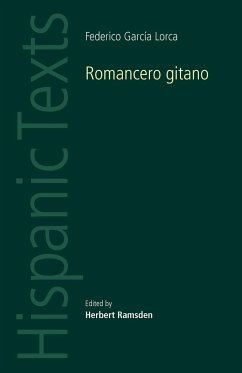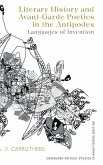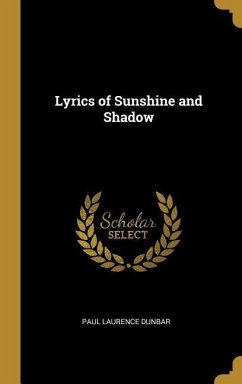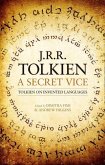Lorca is one of the outstanding poets of Spanish literature, and apart perhaps from his trilogy of stage tragedies, "Romancero gitano" is his most celebrated work: innovative, sophisticated, difficult and uniquely popular. Partly, no doubt, it is the appeal of his gypsies, childlike and magical, oppressed by the world around; partly too, the work's elemental concerns: machismo, honor, sex, betrayal, revenge, bloodshed, death; partly also, the many echoes of Andalusian popular culture: horsemen and smugglers, fiestas and local saints, legends and superstitions, ballads and deep song. By its dramatic dynamism, its subtle stylisation and its mythical stature, Romancero gitano is one of the most appealing books of poetry in Spanish literature--but it is also one of the most difficult. In his introduction to this edition for English-speaking students, Ramsden considers briefly Lorca's "Double break with the past" and then concentrates on the "Romancero gitano" itself, with emphasis on the interplay of immediate appeal and wider resonances. An annotated select bibliography and select glossary are provided with explanatory end notes offering practical guidance, both linguistic and interpretative.








